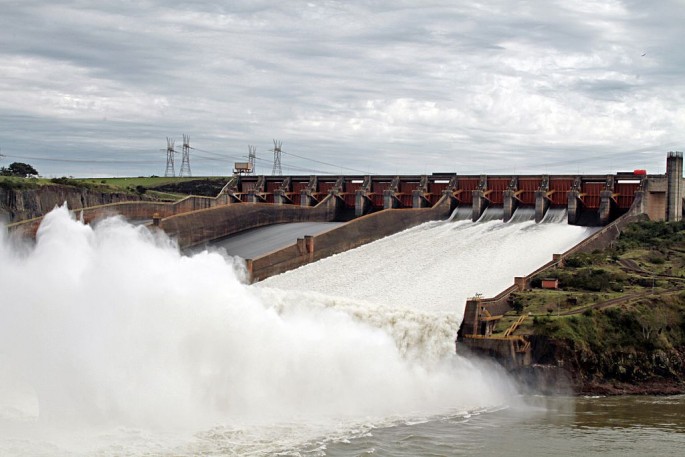Two Chinese companies are among the bidders competing to gain a major stake in Brazil's fourth largest energy generator Santo Antonio Energia SA, China Daily reported.
According to the report, the two companies are China Three Gorges Corp and State Grid Corp of China, while the rival bidder is Canada's Brookfield Asset Management Inc. They are vying to get 28.6 percent of shares in the Brazilian company.
According to its website, the Santo Antonio hydropower plant can generate 3,150 megawatts of power that is sufficient to provide electricity for 40 million people.
The company's hydroelectric plant is being built on Madeira River. Once completed, it will become the third largest power plant in the country, in terms of power generation, and the sixth-largest hydroelectric plant in terms of installed capacity.
Although it is not uncertain if Chinese companies would be able to clinch the first round this week, more mergers and acquisitions between China and Brazil are expected to occur as the two countries aim to deepen their cooperation, especially in the new energy sector.
Lin Chuxue, the executive vice president of CTG, told media in Beijing that Brazil is currently relying on hydropower as its largest power source, which accounts for more than 80 percent of the total energy, aside from its rich wind power resource.
Lin added that wind power development in Brazil's northeast and southern regions have also attracted local and foreign investors.
"We will consider other possibilities of wind and solar power projects if the right time comes," Lin said.
According to Liu Zhenya, former chairman of the Beijing-based State Grid, foreign takeovers of companies in South America have been prevalent because the foreign assets generate higher returns with double-digit growth every year.
Since Brazil has the largest electricity market in South America, it provides investors with an open competition environment, Liu Ximei, an assistant professor at North China Electric Power University, noted.
"Currently, the US is a major foreign investor in the Latin American country, but China has competitive edges in terms of financing capability and project management," the professor said. "Chinese companies should work together in Brazil and form a united alliance, especially in the aspects of electricity development, infrastructure construction and heavy equipment manufacturing."



























